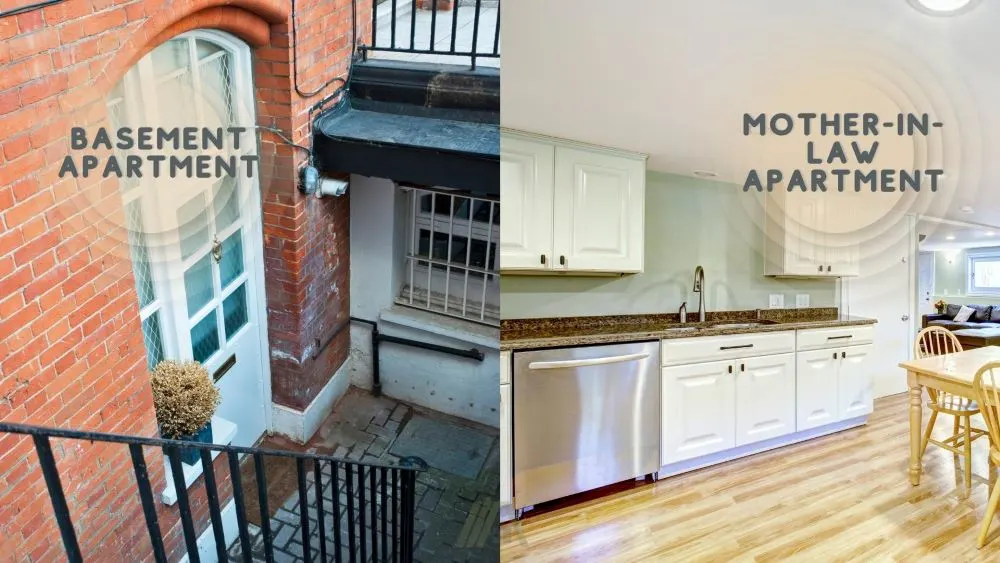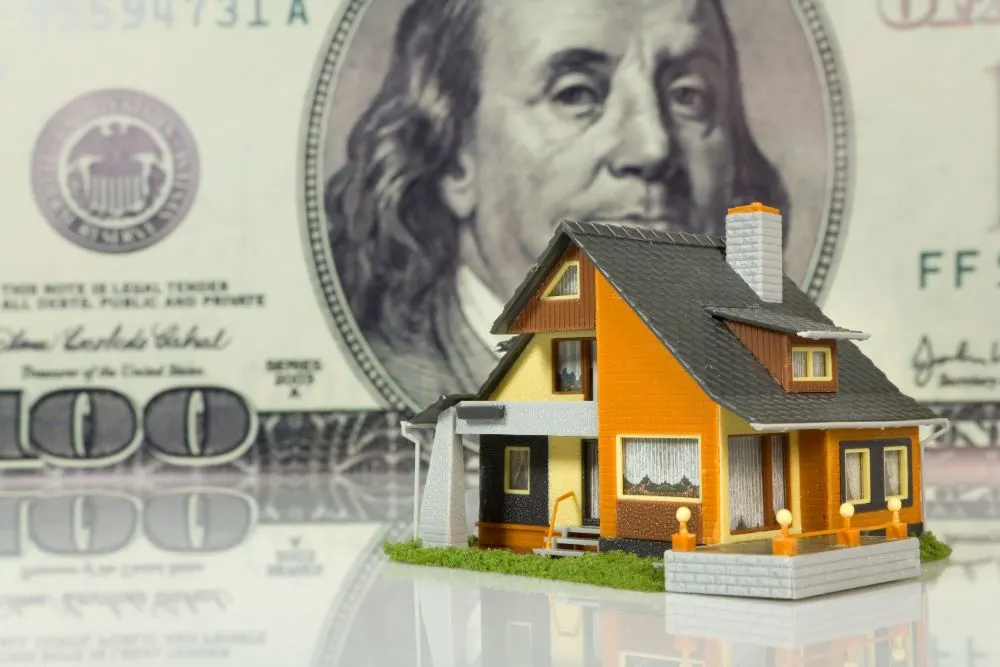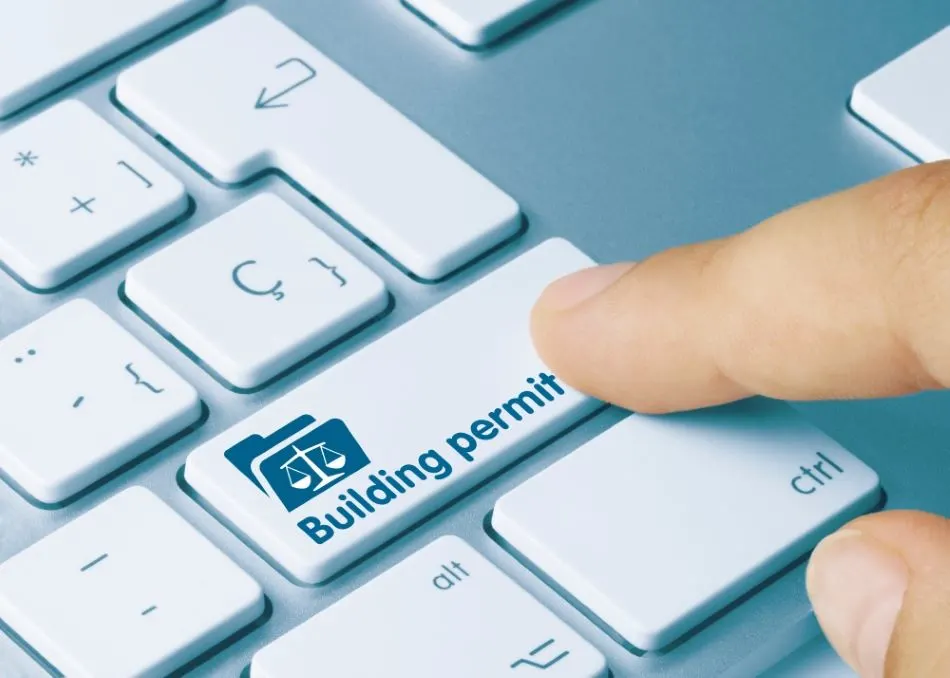New and existing homeowners can sometimes look at their homes as new projects. Whenever you look around your home, you could be thinking about all of the improvements that would make it feel more like your home. More often than not, the kitchen is viewed as a space with quite a bit of potential for change. After all, more than food can be made in a kitchen. It can also be a space to create new memories with your loved ones.
In wanting to make those changes, you do still need to keep in line with your city’s zoning requirements. After all, the very last thing anyone wants is to have invested in a kitchen only to find that it is, in fact, illegal. So, how can you make changes or build a new kitchen and remain compliant?

An illegal kitchen is a kitchen that has been installed without a permit or with features that are in contravention of the building codes, city’s safety standards, and zoning requirements. Second kitchens are often illegal kitchens.
Kitchen Built Without Permits Are Illegal
As tedious as the process may be, obtaining a permit is important. After all, permits do exist for a reason. They are meant to ensure your safety and the safety of anyone involved in the project.
Furthermore, if you are not a seasoned remodeler or constructor, it is quite difficult for you to tell whether the people you have hired are doing the right thing or if they are possibly pulling a fast one on you. So ultimately, having a permit protects you as the consumer and also ensures safety during and after construction.
Situations in Which Kitchens Are Built Illegally
One of the most important things to note is that according to city rules and regulations, the presence of one kitchen implies that the building is a single dwelling unit. Once there are additional kitchens, there are additional units.
This is the biggest reason why having multiple kitchens in a single dwelling unit is illegal. Kitchens have appliances, such as stoves, which require proper ventilation. They are also fed by plumbing, electrical, and gas systems, which are all heavily regulated.

Basement Apartments
More and more often these days, people are looking to convert their basements into separate apartments. Installing a kitchen is, therefore, one of the biggest alterations required, especially when the basement has already been finished into a livable area.
In an underground area, like a basement apartment, installing a kitchen poses a fire and air quality-related health risk due to the poor ventilation commonly associated with underground areas. Thus, it is difficult to get permission to install a basement kitchen.
Mother-In-Law Apartments
When it comes to mother-in-law apartments, it also becomes quite tricky. Mother-in-law apartments are usually converted basements, detached guest houses, or converted garages that are used to provide members of the family with separate and private spaces.
Due to the purpose of these apartments, you may be tempted to add a kitchen to the space to ensure that it has complete privacy. However, as mentioned before, once a new kitchen is built, the entire space is changed from being a single dwelling unit to a multi-dwelling unit, which is regulated and even taxed differently.
Illegal Kitchens Are Actually Common
The addition of illegal kitchens is more common than one would think. When children grow up, parents try to give them a head start in life by converting the basement into an apartment. Or an elderly parent dies, and you invite their spouse to live with you in a converted garage.
Adding a counter, small stovetop, and kitchen sink is not a massive project, so many people do so without even thinking about permits or the more extensive consequences.
But if “illegal” kitchens are not a big deal to install and are so commonly seen, the question then becomes, why are the regulations around additional kitchens so strict?
Why Should Kitchens Be Permitted?
Let’s face it; building permits do come at a cost. And when you are thinking about how much money you are already going to have to pay for the construction itself, it is quite tempting to maybe just overlook the permits and not get them.
However, there are definite reasons why it is important for you to get permits for your kitchen.
Kitchens Equal Dwelling Units
For starters, it is important to understand the rules and regulations around what units a house should be comprised of.
In terms of single dwelling units, by law, they are only meant to have one kitchen. So, let’s say you decide not to get the permit. Well, there is a chance that the city in which you live may not find out. But the chances are that they will. And when they do, you would end up paying some hefty fines.
In Seattle, for example, if you are caught building without permits, the city will issue a stop order and thereafter will charge you a fine of $500 per day for doing the construction without a permit.
When permits come at the cost of at least $300, depending on the type that you need, it does sound much cheaper to just opt to go the legal route.
Gas, Electrics, and Plumbing Must Be Correct
The biggest concern for construction is safety. When construction is not done with the relevant permits, it may sometimes lead to contractors wanting to take shortcuts. This can lead to some severe safety hazards and increase the risk of avoidable injuries, such as electrocutions.
House Sales are Affected
Another factor that should be borne in mind is that you may want to sell your property in the future. This can become challenging if your build contravenes city regulations.

Any potential buyers will be hesitant to buy from you if any of the standard rules are regulations. The reason being that these issues then become their problem to deal with after the sale goes through.
And if they do end up purchasing your property, they are well within their rights to sue you at a later date for all of the gas, electric, and plumbing issues that they may encounter.
An alternative scenario is that you will get a much lower price for the property because buyers will only offer the amount less the cost of getting the work retrospectively permitted.
Take a Detour
Building without a permit: NOT a good idea!
Insurance Cover Is Compromised
If your house suffers some kind of damage and the problem was linked to faulty wiring, plumbing, or construction in your unpermitted kitchen, then your insurance company has every right to refuse to entertain your claim.
Once the illegal kitchen is discovered, it can also go on your insurance record, making it difficult to get any company to provide your house with cover.
Permits Ensure Good Quality Work
When it comes to hiring contractors, there is no real way of knowing what to expect once they start working unless you have worked with them before, or they come highly recommended by someone you know and trust.

This is especially true when it comes to contractors who may not be licensed. So, the first part of this is to check that the contractor that you hire is indeed licensed.
When it comes to the permit, it also ensures that the standard of work that is done is not only in line with your city codes but also of high quality. Contractors who are in contravention of the rules do run the risk of losing their license.
Thus, by having a permit, you are also ensuring that they stick to the rules because failure to do so could result in the contractor potentially losing their source of income.
Ultimately, investing that extra money into getting a permit accrues benefits to you in many different ways.
Sources
https://www.crddesignbuild.com/blog/what-happens-if-you-get-caught-remodeling-without-a-permit
https://www.moving.com/tips/what-is-a-mother-in-law-apartment/
https://www.bankrate.com/real-estate/what-is-a-single-family-home/
https://www.crddesignbuild.com/blog/what-happens-if-you-get-caught-remodeling-without-a-permit
